James Dean is the star of the classic 1955 movie East of Eden, which adapts the equally popular novel by John Steinbeck. Steinbeck's novel is over 600 pages long and delivers an intimate portrayal of different generations of both the Trask and the Hamilton families, bonded by ambitious dreams and haunted by the same mistakes. While the two families are equally important in the book, the movie decides to focus entirely on the Trask family, exploring the fortunes and misfortunes of a single generation.
Both the movie and the book are an emotional reimagination of the biblical tale of Cain and Abel, shying away from the obvious by making the audience feel sympathy for Cain. Assigned with the impossible task of cramming over 600 pages of a masterpiece in a two-hour movie, director Elia Kazan takes the liberty of making considerable changes to the story. The result is a compelling adaptation that finds its own original voice while showing profound admiration for the source material. Here are the major differences between East of Eden and Steinbeck's novel.
7 The Book's First Three Parts Are Cut Out
While adapting all the events that occur in East of Eden's 600 pages in a two-hour movie seems daunting, cutting out more than half of the books is just as bold of a choice. Although critics like to point out the film's talent for expressing generational conflicts, Paul Osborn's screenplay completely cuts out the first three parts of Steinbeck's novel, minimizing the narrative to a single generation: Adam Trask's twin sons.
East of Eden, the film, starts with Cal Trask taking a long, risky trip to visit the mother he never knew he had. On the other hand, the novel begins many decades before Cal was even born, following the turbulent relationship of Adam and his brother Charles as they fight over the love of their father. What makes this first part so brilliant is how it connects to Cal and Aron's relationship, showing how humanity is constantly falling victim to the same mistakes. Adam loathed his father for having a favorite son, but just like him, Adam clearly prefers Aron to Cal, which hurts Cal deeply.
6 The Hamiltons
Steinbeck's East of Eden is a story about two families, Trask and Hamilton, and they cross paths in unexpected ways. The Hamiltons are introduced as a friendly, ambitious family led by the patriarch Samuel and his wise wife Liza. Immigrant from Ireland, they settle in an infertile piece of land where they miraculously raise their nine children despite the rough settlement. For a good chunk of the book, Samuel is the sole force that keeps the narrative in motion. A beloved figure in the Salinas Valley, his kind, altruistic heart makes up for his lack of professional success, although that doesn't seem to impact his joyful spirit. Samuel is the one who takes Adam out of his stupor after Kate leaves him with two newborn twins to raise.
After Samuel's death, the Hamiltons continue to play key roles in the story or appear in brief, engaging vignettes. In the movie, the only Hamilton character that directly impacts the story is Will, the successful businessman who takes Cal under his wings in an ambitious operation.
5 Lee (the Book's Best Character)
While Samuel's deletion from the film version of East of Eden is already hurtful enough, Lee and his contagious charisma are perhaps the most significant absence. Adam's loyal housekeeper and best friend in the book is nowhere to be seen in the film, even though he's crucial to the story. Lee is the one who raises Cal and Aron, while Adam recovers from the shock of Kate abandoning him. Additionally, Lee is the one that lends Cal the money for his enterprise, which makes much more sense than Kate doing so in the movie.
Lee's insightful discussions about books and cultural differences with Samuel Hamilton are already enough to grant them a spot in the film. The fact that Lee is a Chinese immigrant gives rise to heated discussions about the real motivations that led writers to remove the character from the screenplay, given that the movie came out in a rather conservative era in American history.
4 Kate's Past and Her Fate
In the film, Kate is introduced as an enigmatic character whose intentions are never made clear, only partially relating to her book version. In Steinbeck's East of Eden, Kate is the embodiment of evil. The author goes into detail about her disturbing past, showing how she lacked any bit of humanity ever since she was a child.
By the time Kate was a teenager, she would already use her beauty to seduce and manipulate older men, even indirectly causing the suicide of one of them. She murdered her own parents and fled home, eventually ending up on Adam and his brother Charles' doorstep. The book suggests that Cal and Aron might not even be Adam's children, but rather Charles', who dies before meeting them. Kate had the twins against her will, threatened by a doctor after he discovered one of Kate's abortion attempts.
The film's version of Kate is rather sweet compared to the book, as viewers never get to see the atrocities she made in the past and how she got the head position in the local brother — she poisoned the previous owner. At the end of the book, Kate takes her own life after realizing there's no medicine for her loneliness, although her real motivations remain a heated topic of discussion to this day. It's a tragic ending to the book's true villain, while the film's Kate is just an enigmatic supporting character.
3 James Dean's Version Of Cal
James Dean is still celebrated as one of Hollywood's most precious gems, gone too soon. While he's most commonly known for his role in Rebel Without A Cause, his performance as Cal Trask earned him his first acting Oscar nomination. However, Steinbeck's version of Cal is significantly different. He describes a much more introverted kid, putting a lot of detail into his relationship with the night. Steinbeck's Cal had to "learn loneliness," as he likes to describe it, finding comfort in empty alleys and drunken companions. On the other hand, Dean's Cal is highly expressive and has a way around girls, seducing Abra much earlier than the book's version of Cal. In a way, it feels as if Dean's Cal is rather afraid of loneliness, and must constantly crave someone to stand by his side.
Regardless of the differences, Dean is the soul of East of Eden, receiving the spotlight of a protagonist while the book centers around multiple characters. Through Cal's arc, viewers learn how to feel sympathy for the biblical tragedy of Cain, and Dean nails the film's final scene with an emotionally charged performance.
2 Aron's Death
Since East of Eden is clearly an allegory to Cain and Abel, Aron was destined to a tragic fate in the story. Innocent and charismatic, Aron grows up nurtured by the love of his father, the professors, and Abra, his childhood love, while Cal only grows increasingly distant from those around him. From a very early age, Aron's fascination with nature, religion, and morality made it clear that he would become a bright person in the future. Because of his fragile innocence, both Adam and Cal knew that learning the truth about his mother would break him completely.
One of the key conflicts in East of Eden is Cal's exhaustive attempts to win over the love of his father. The movie faithfully adapts the climax of Adam's surprise party, but the aftermath is considerably different. In the books, a traumatized Aron enlists himself in the war, but it's the letter announcing his death that causes Adam to collapse. The movie never directly reveals Aron's fate, delivering a strong anti-war message, as if going to the war was a death sentence itself.
1 Timshel, or "Thou Mayest"
East of Eden's adaptation delivers an impactful, heartfelt ending, but it doesn't come close to Steinbeck's final words of the book. While Cain and Abel's tragedy works as a clear allegory in the film, the biblical segment directly impacts the book's narrative, as Adam, Samuel, and Lee spend a good chunk of the book trying to interpret the words that God says to Cain: "timshel." Lee claims it might be the most important word in the world because it leaves plenty of room for interpretation. While it's widely accepted that it means that men will surely triumph over sin, "thou shalt," the Hebrew word suggests "thou mayest" instead. The benefit of the doubt is precisely what makes East of Eden one of the best movies about troubled youth.
Before his final breath, Adam shouts "timshel" and the book ends, a bone-chilling moment that could've been just as impactful in the film. The single word brilliantly wraps the book, suggesting that Cal isn't destined to be bad, but rather has the choice to choose his path. Throughout the book's many pages, readers witness generations of men doomed to the same mistakes, but Cal finally has the option to choose between good and evil: the bad things he's done don't define him, but they might as well consume him.

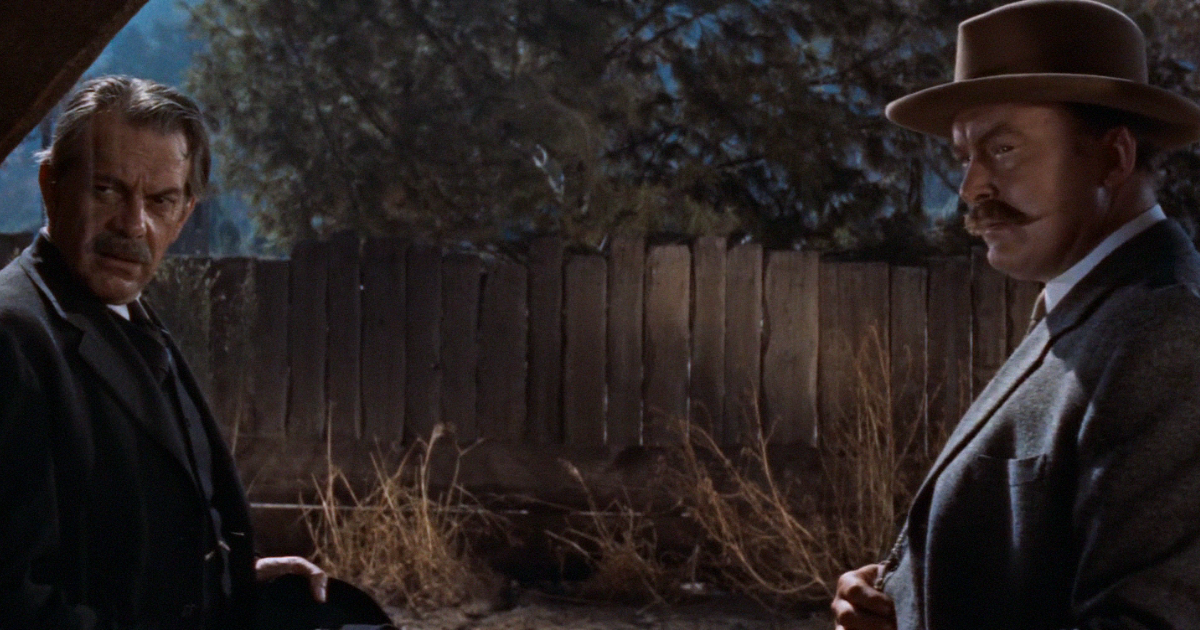
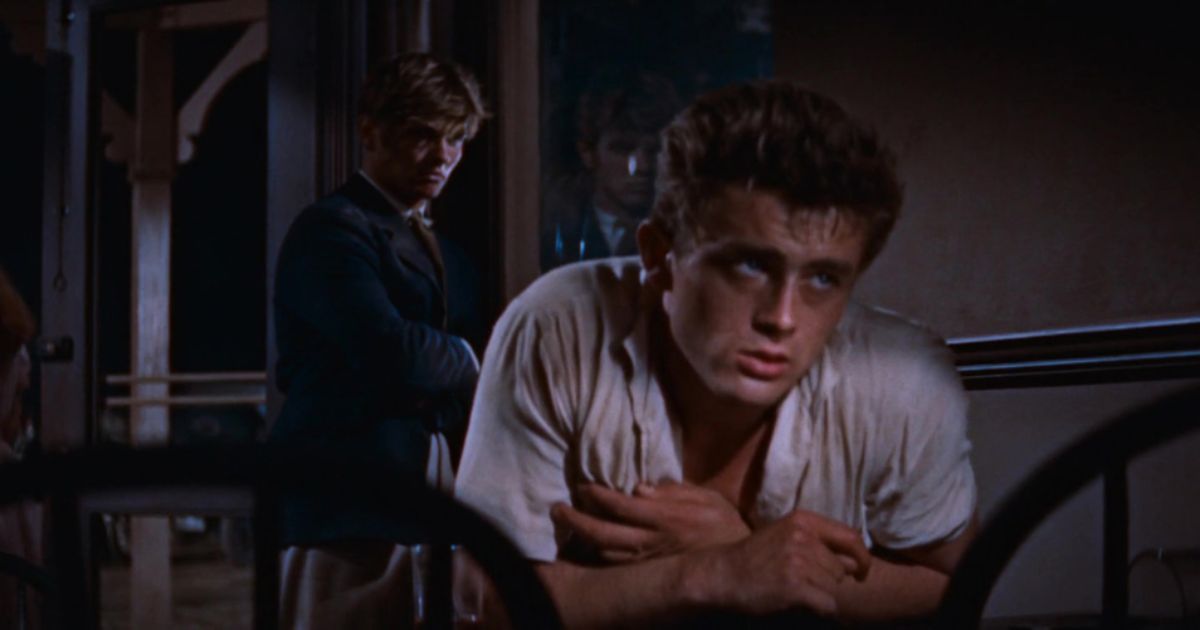
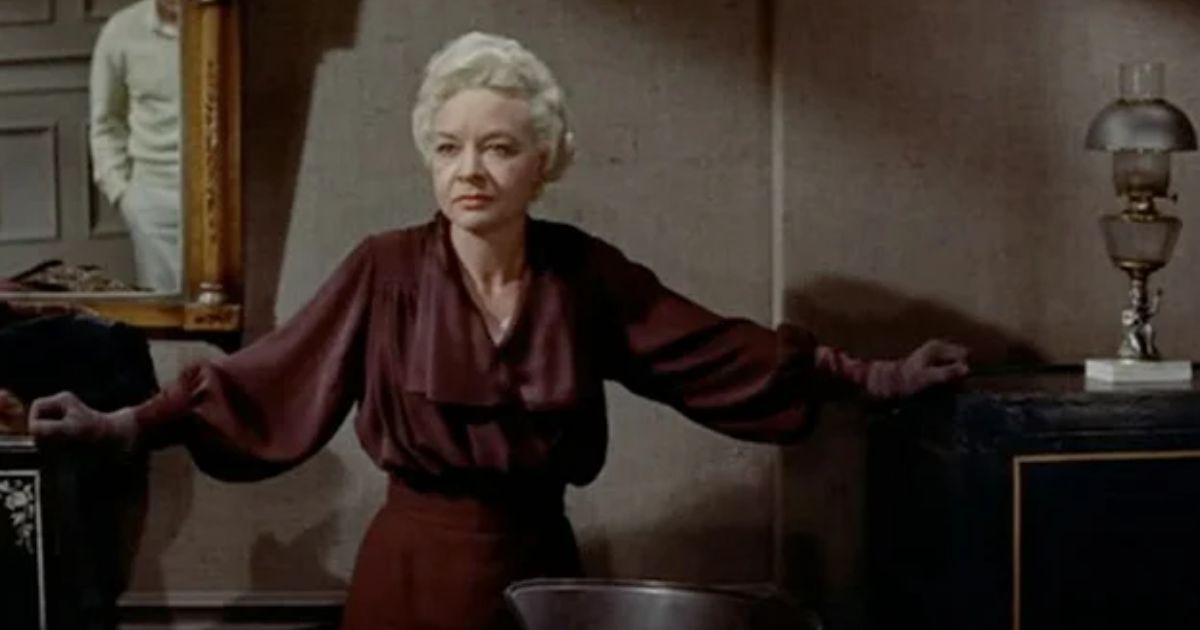
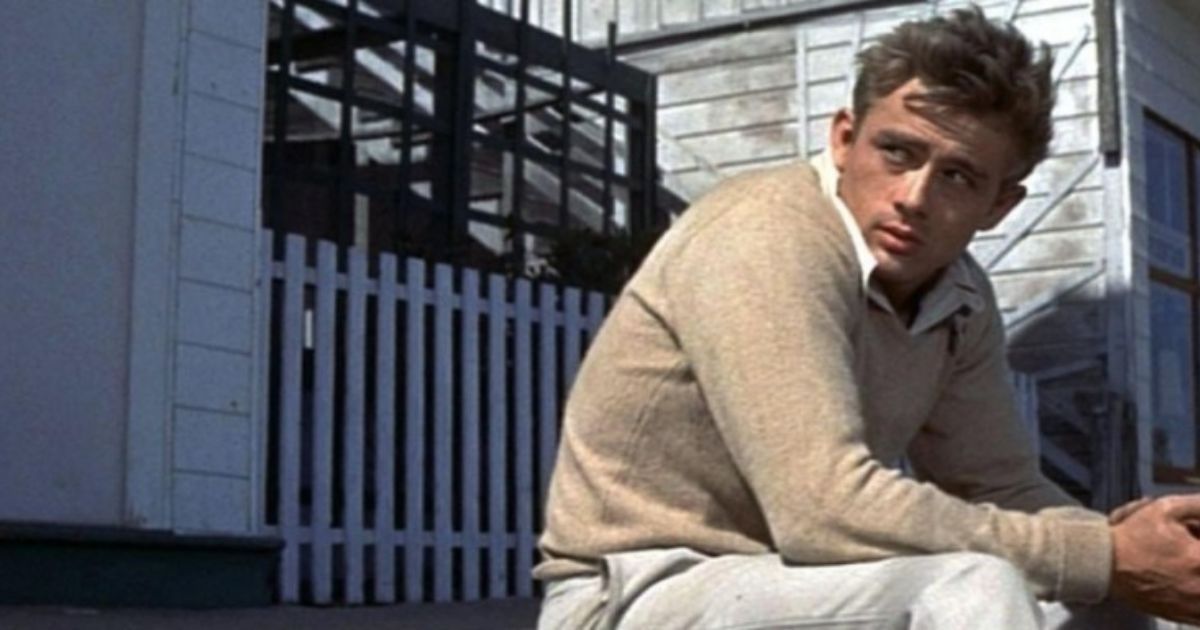
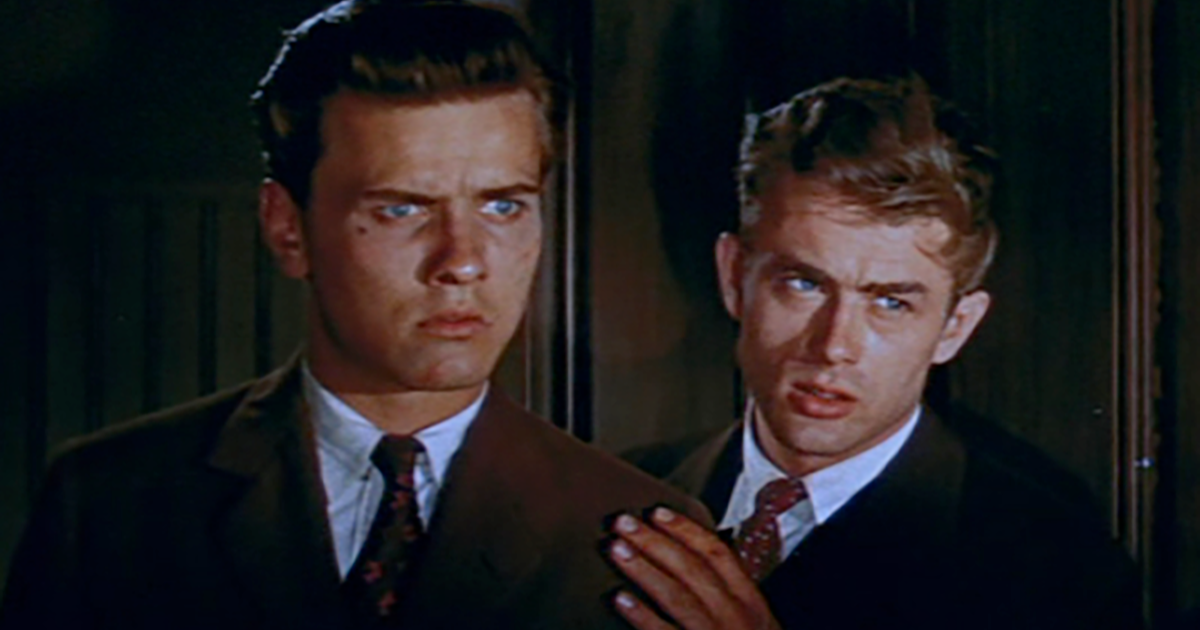
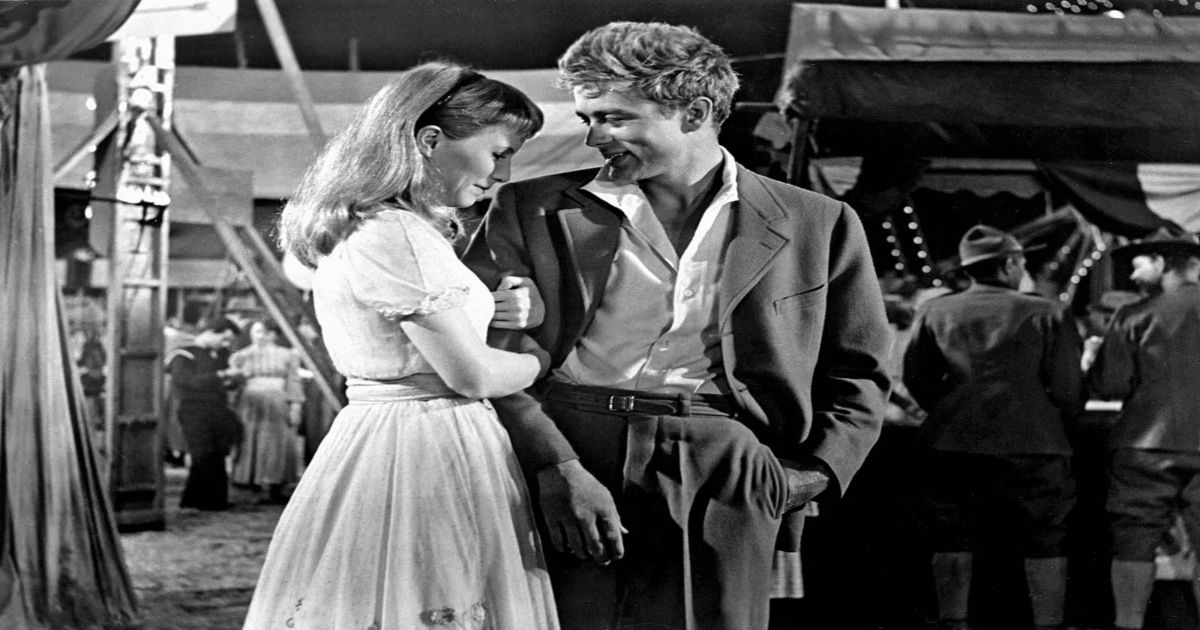
Comments
Post a Comment